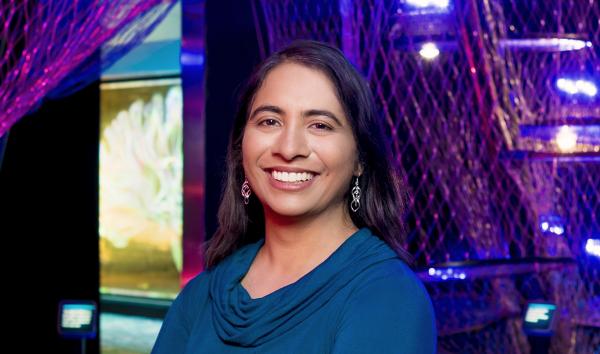
Date:
This week, investigative journalists published an analysis of recent clinical trials of cancer drugs from the Food and Drug Administration. The report from ProPublica and StatNews showed a sobering, but sadly not surprising, result. African Americans are severely underrepresented in clinical trials of these drugs, even when they are at higher risk for that particular type of cancer.
The analysis identifies a number of perceived barriers to enrolling diverse people in clinical trials, including economic tradeoffs, health complications that are more common in patients of color, and distrust of the medical community based on historical mistreatment. The inability or unwillingness to overcome these barriers leads to real negative health consequences. However, a key confounding question in these studies is only touched on in the report: the fact that race is being considered as a biological trait.
As part of The Franklin Institute’s ongoing Speaker Series, I recently talked with geneticist Sarah Tishkoff and sociologist Dorothy Roberts from the University of Pennsylvania about the use of racial classification in medicine. The problem, simply, is that race has no biological basis. Roberts has chronicled the invention of race as a political constructthroughout history, while Tishkoff’s research on human evolution has shown that African populations have more genetic diversity than the rest of the world combined. When we classify all African Americans into one category, we lose sight of this important genetic information.
Roberts, Tishkoff, and their colleagues have proposed that scientists should stop using racial categories and switch to more informative variables like ancestry, socioeconomic status, or culture for any given study. For genetic studies like many drug trials, ancestry—defined purely biologically by shared patterns of gene sequences—is the most precise way of identifying genetic relationships.
Does the social concept of race still have any use in medicine? It’s hard to ignore. Self-identified racial categories could still be useful in ensuring that diverse people are recruited to participate in research. We also need to be aware of and find solutions for racial health disparities that are due to inequities in our public health systems.
This new report on clinical trials should challenge us to consider not only how research can be more inclusive, but how to tackle the underlying inaccuracy of the research itself. It might take a little more work, but science—and people historically underserved by science—will be better off for it.


